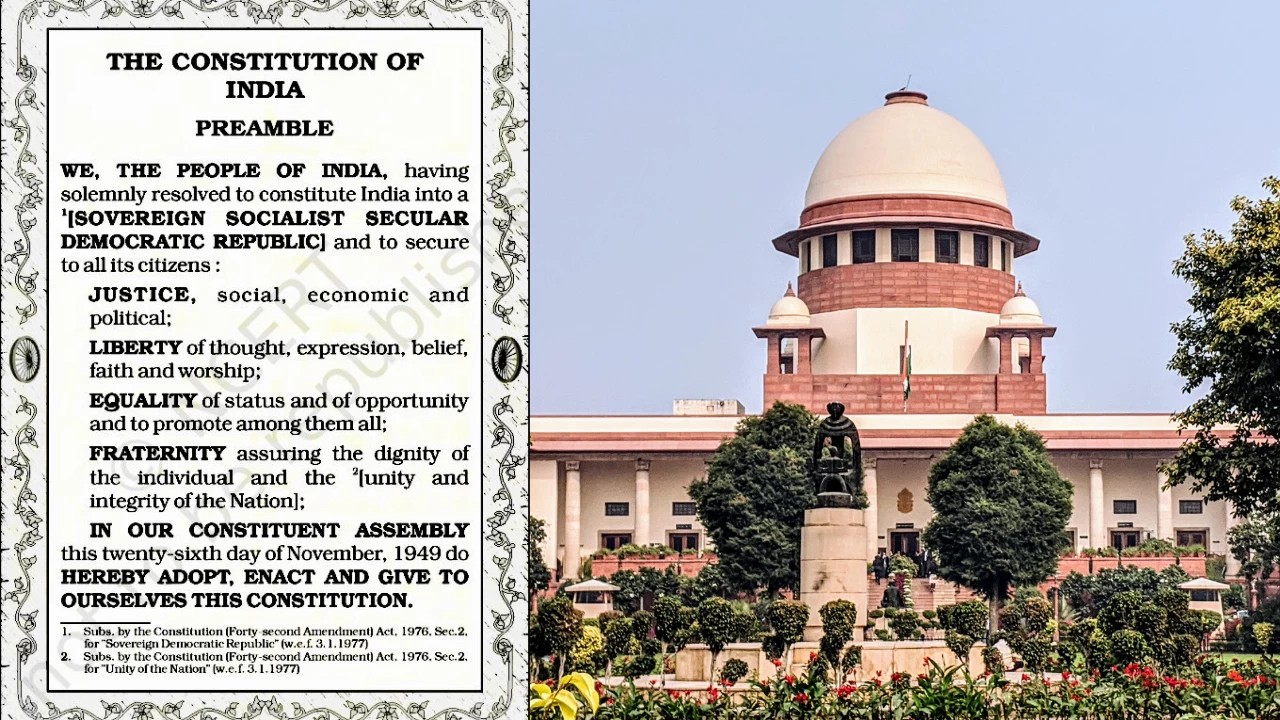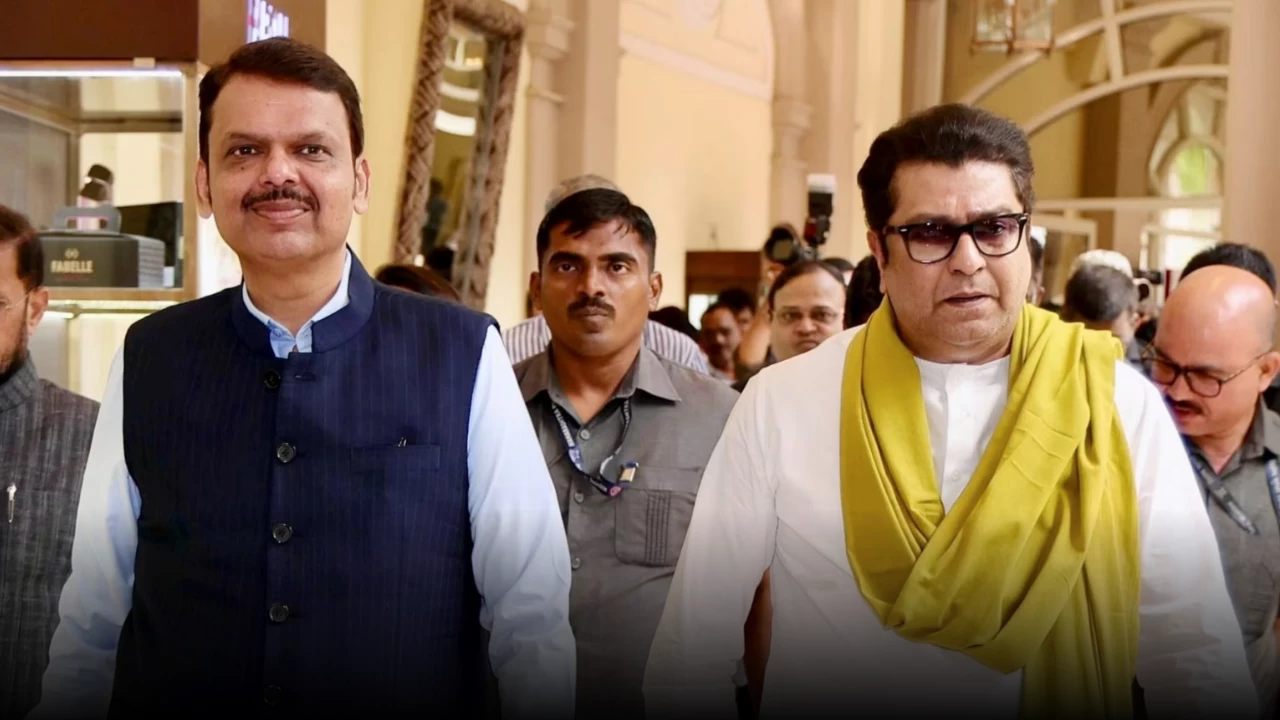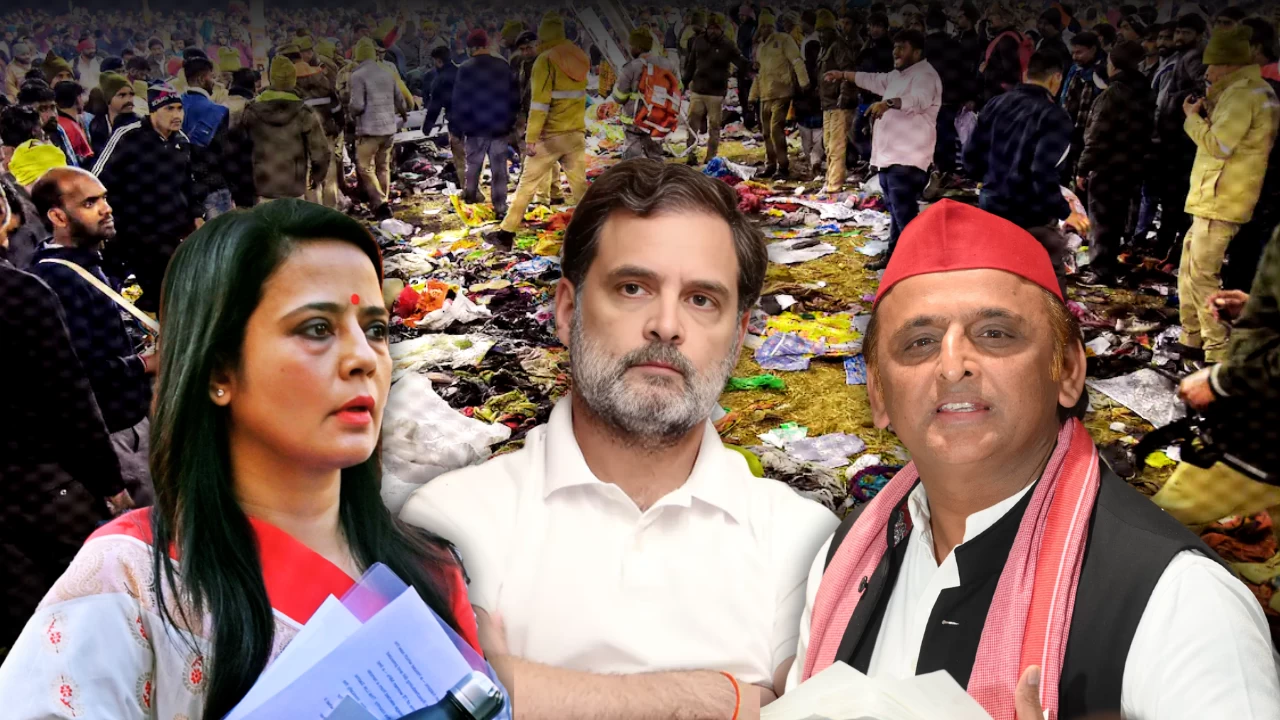Latest Updates
Supreme Court Dismisses Pleas Challenging the Addition of ‘Socialist’ and ‘Secular’ to Constitution's Preamble

The Supreme Court on Monday dismissed petitions challenging the 1976 amendment that added the terms "socialist," "secular," and "integrity" to the Preamble of India's Constitution. The petitioners had questioned the legitimacy of the amendment, arguing that the inclusion of these terms distorted the original intent of the framers. Previously, the bench, led by Chief Justice Sanjiv Khanna and Justice Sanjay Kumar, had reserved its verdict on November 22.
The Supreme Court dismissed these pleas, with Chief Justice Sanjiv Khanna noting that the arguments did not warrant a detailed hearing. “The two expressions ‘socialist’ and ‘secular’ were made in 1976 through amendments, and the fact that the Constitution was adopted in 1949 does not make any difference,” he said. He further emphasized that if the arguments about retrospectivity were accepted, they would apply to all amendments made to the Constitution.
The bench also underscored the Parliament’s authority under Article 368 to amend the Constitution, including its Preamble. It pointed out that the 1976 amendment had undergone extensive judicial review and had received legislative endorsement over the years.
The pleas were filed by former Rajya Sabha MP Subramanian Swamy, advocate Vishnu Shankar Jain, and others, who contested the addition of the words "socialist" and "secular." They also raised concerns about the 1976 Parliament, which operated during the Emergency and had an extended tenure, arguing that the amendment was passed under questionable circumstances.
Advocate Vishnu Shankar Jain, representing the petitioners, contended that the Lok Sabha’s tenure was extended to address the emergency situation, not to amend the Constitution. He argued that adding the terms without public consultation violated the original vision of the Constitution.
Subramanian Swamy also opposed the inclusion, stating that the terms made the Preamble inconsistent with its original form. He suggested that the words should be recognized as later additions, rather than as part of the Constitution's original text.
In previous hearings, the court had addressed concerns about the meaning of "socialism" in India. The bench clarified that in the Indian context, socialism refers to a welfare state aimed at equitable distribution of resources and equality of opportunity. It also affirmed that socialism does not hinder private enterprise.




.webp)




